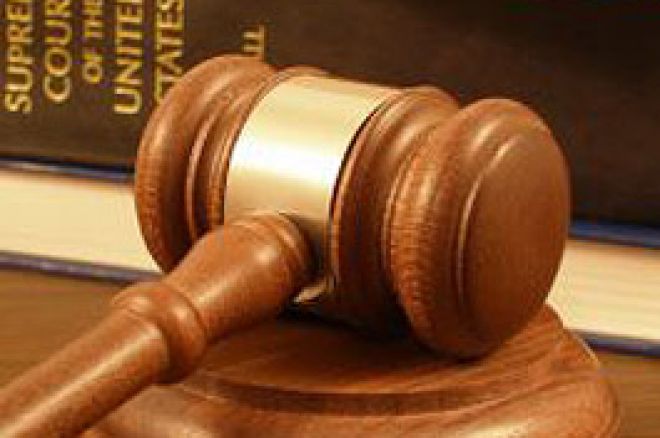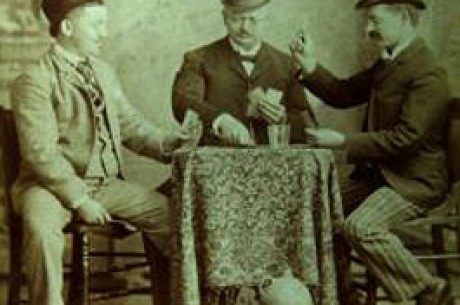Poker and the Law: Interview With I. Nelson Rose

There has recently been a plethora of legal issues when it comes to the game of poker. The state of Washington has enacted laws that make it a felony to play online poker. The U. S. Congress is considering methods to bar Americans from financing their online accounts. Additionally, in many states there are continuing arrests and financial seizures stemming from people participating in home poker games. All of this is watched with interest by law professor I. Nelson Rose of the Whittier Law School in California.
Professor Rose is perhaps the best legal mind in the poker world, continually monitoring the ever-changing landscape of the gaming world and commenting on it frequently. His website (gamblingandthelaw.com) presents an excellent overview of the legal state of gaming across the United States and delves into the online world as well. He has also written extensively on the subject, with four books (including his latest effort, "Internet Gaming Law") and hundreds of articles in differing publications on gambling.
Professor Rose has consulted many regarding the laws of gambling, from such sides as state and federal governments, the gaming industry and individual cases. He has also testified in cases around the world as an expert witness. With the current state of affairs here in the United States, I thought it would be a good time to get his viewpoints and learned a great deal during our recent e-mail discussion.
PN: You have been asked to testify on several occasions in certain cases. What do you attempt to convey to unknowing juries or attorneys regarding the legal side of poker?
NR: Usually I go through the history, the waves if you will, of legalization and recriminalization of gambling in the United States and how poker has and should not been treated the same as lotteries or casino games, because it really is different.
PN: Other than being the first state to actually firmly have a law on the books, what is the most significant thing that the new law in Washington puts in the online poker mix?
NR: It shows how far some lawmakers and law enforcement agents are willing to go to intimidate people. And it has worked with some, putting a real scare into Washington residents who are connected with the operating side.
PN: Without an enforcement segment to it, can and will the law be successful?
NR: It clearly now is a felony, so it does not need anything more. But there is almost no chance that a regular player will ever be arrested, let alone go to jail. I suppose the backers of the bill will call it a success if it cuts down on online play.
PN: What are some of the angles that can be taken to challenge such laws?
NR: The law is probably constitutional, because states have tremendous power to attack gambling under their police power. But there are sovereignty problems when a singular state of the United States tries to make an activity licensed and operated from another country a crime.
PN: Are there any states that actually want to allow the online game?
NR: Nevada has a statute allowing its licensees to operate online casinos. There are no further regulations though because the Department of Justice says this would violate the Wire Act of 1961.
PN: On the national front, there are continuous bills in Congress that are attempting to make it difficult to play online poker. Do these bills have a serious shot at passage?
NR: I did not think so, but the Leach and Goodlatte bills have cleared the Judiciary Committee and are on their way to the floor of the House of Representatives in Washington. If approved, they still have to go through the Senate, however. I believe they may be defeated because they will cost banks and Internet Service Providers (ISPs) too much money to keep track of their patrons.
PN: Would the federal government rather see the states decide this issue on the individual state level rather than at the federal level?
NR: Gambling is almost always a state issue. In the present conditions, it is the states that want the federal government to get involved because they feel Internet gambling is beyond their power to control. The Department of Justice in Washington, D. C. and most other parts of the federal government do think that gambling is primarily a state issue, however.
I want to thank Professor Rose for his time, albeit brief before he headed to Toulouse, France to teach there with the Whittier Law Schools summer programs. For more informative articles and information about Professor Rose and his activities and thoughts, be sure to visit gamblingandthelaw.com for more information.
Ed Note: Great online poker action always at Noble Poker.








